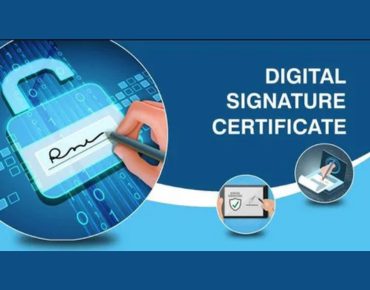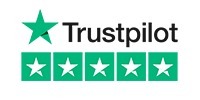

Welcome To
Legal Blue Bird.
Our team consists of skilled and proficient qualified professional & and technical who can solve your all business-related problems and legal license services, we have 5000+ clients who have taken services from our site and 100% satisfied from us.
Read More
Legal blue Bird
Our Services!
WHAT WE DO
Our Services!
A digital signature is a trusted, encrypted electronic stamp that makes your digital information secure and safe. It is made with the help of public key cryptography. It provides you with legal authenticity.
PVT. Ltd company is an individual business organization that is held privately. It provides limited liability, so compared to other companies it cannot openly transfer its shares to the public.
If your business turnover is more than 20 lakh INR or you supply goods in more than one state, then you need to get GST registration. The Central Government is responsible for allocating this 15-digit number.
MSME certificate is a proof that your small-scale business has been registered in India and you can take advantage of the schemes run by the Government of India like low-interest business loans.
With the help of ISO certification, you can show your key stakeholders that your company is well-established and stable, and we are moving fast for our growth. It helps to enhance your standardization and quality assurance.
It is most important to have an import-export code to participate in international trade. It is a 10-digit identification number issued by the Director General of Foreign Trade (India).
FSSAI (Food Safety and Standards Authority of India) is responsible for protecting public health by ensuring safe packaging, selling, and storage of food items in India. FSSAI license is mandatory for doing business with food items.
To set up your business or establishments at a particular place, you have to get legal permission from the government. This legal permission is known as a Shop Act License. It protects the employer’s rights and ensures.
Trademark registration enhances the reputation and authenticity of your business. After the registration of the trademark, if someone uses the identical mark without the permission of the owner, then the owner gets the right to stop.

Can't Find The Answers ?
Legal blue Bird
Why Choose Us!
Legal blue bird is always caring our clients who have taken services from our site and also stand for solving his/her problems of business related quick solved problems and make every client smile on face. So, our all satisfied clients referring all other peoples who want to start new business.
what we do
We Provide Experts Create Great
Value for Visa Categories
Get Trusted and Professional Services!
Legal Blue Bird
How Does Online Legitimate India Guarantee Consumer Loyalty.
The Most Eminent Visas and Immigration Consultant service provider. Branches in India and overseas. We have made the arrangement of Blissful CODE to gauge consumer loyalty. As a component of this, our clients are sent a novel alphanumeric code, comprising of 8 characters. We track consumer loyalty by requesting that the clients share their blissful codes with our representatives provided that they are by and large satisfied with our administrations. Since we are a client driven organization continuously focusing on the outcome of our clients, the Blissful CODE program assists us with checking the clients’ satisfaction and unwaveringness in our items or administrations.
All people are equal before the law. A good attorney is what makes a difference.
Read More






















